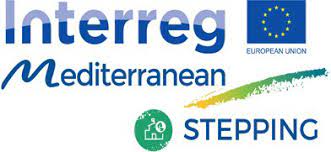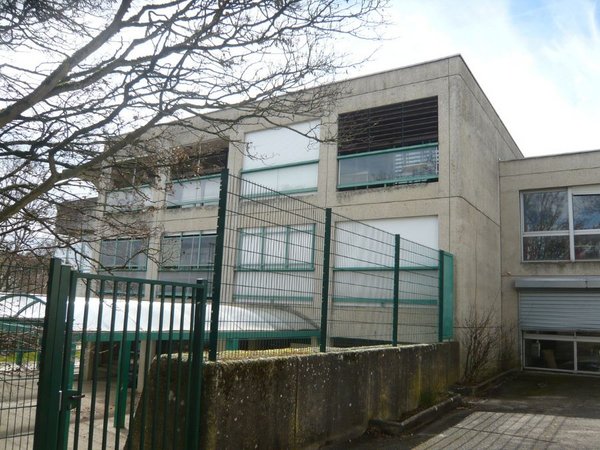
Develop a bundled EPC model for the renovation of public buildings in rural areas
The objective of the STEPPING project was to develop and test a bundled model of the Energy Performance Contract (EPC) for the renovation of buildings in rural municipalities. Its specific features are the following: integrating in a single contract buildings from different municipalities, working with the local market, so that local companies are able to respond to the market, finding new financing levers and adapted legal models. At the European level, the project generated interesting exchanges on EPC business models and the concerned market.
In France, the project was implemented on a regional scale in Auvergne-Rhône-Alpes and, more specifically, on the pilot territory of the CAPI (Urban Community of Porte de l'Isère).
A regional steering committee was set up to discuss the model with regional stakeholders (institutions, local authorities, companies and banks). The project also allowed to set up a one-day EPC training for local actors. This training took place in 4 territories and in Lyon (2 sessions) and it concerned around sixty local authority technicians and energy advisors from energy syndicates or local energy and climate agencies.

A model tested on the territory of the Urban Community of Porte de l'Isère
After an initial selection of 11 buildings, the project focused on 5 school renovation projects, in 5 different municipalities. In parallel, a market study of local companies was carried out, highlighting that the challenge for local companies in the case of an overall renovation is more important than in the case when works are needed only on the systems. Audits were carried out on the 5 schools selected, which helped to define 3 renovation scenarios and to prepare a consultation file for each project, according to the municipalities' choices.
The setting up of a bundled EPC, including the 5 projects, was proposed with just over € 2 million of investment and an average energy saving of 35%. The possibility to implement this EPC through a public order grouping seemed to be too complex for reasons of administrative organisation and project schedule. Therefore, it was decided by the municipalities and the CAPI to choose SPL SARA (a local public company) as the operator for renovating the municipal buildings. During the last phase of the STEPPING project, the administrative documents related to the mandated projects were prepared and SPL SARA was supported in managing the EPC.
[Updated: July 2019]


Imprimer